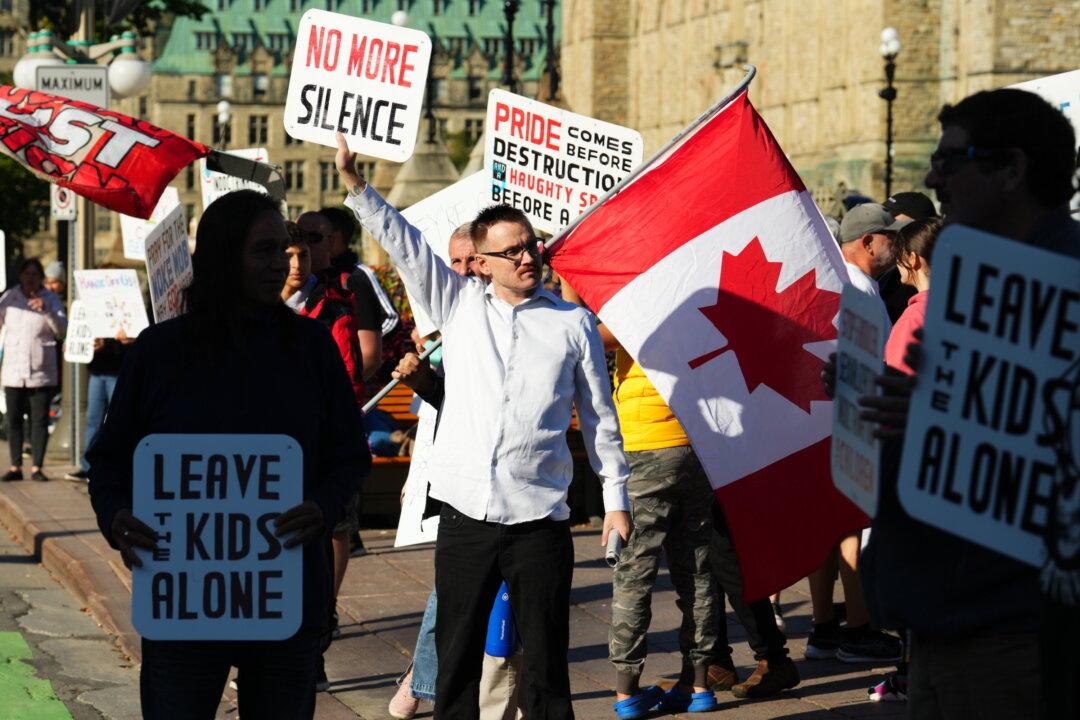The federal government has decided to not move forward with a bill aimed at regulating information on the internet “to combat serious forms of harmful online content,” acknowledging concerns over its constitutional validity.
Public Safety Minister Dominic LeBlanc, in a recent letter addressed to MPs, expressed the government’s stance to the Commons ethics committee after he said his government did extensive consultations with Canadians and stakeholders, as first covered by Blacklock’s Reporter.





